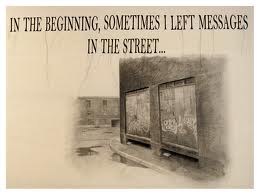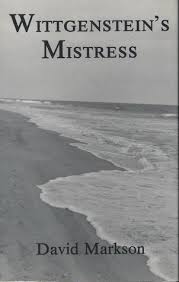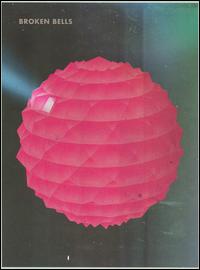SOUNDTRACK: RHEOSTATICS-Jasper Heritage Folk Festival-Night set (August 3 2001).
 The guys played a 40 minute set earlier in the day (playing the entire Harmelodia album). Then in the evening they returned for an hour long set of new songs and some classics.
The guys played a 40 minute set earlier in the day (playing the entire Harmelodia album). Then in the evening they returned for an hour long set of new songs and some classics.
Night of the Shooting Stars was coming out soon and they were primed to play some news songs. There’s also not a lot of goofiness–it’s a short set and they need to get it all out.
You can really hear Dave B’s acoustic guitar in “Mumbletypeg” and “In It Now.”
When they play “Aliens,” Dave sings “Artenings Made of Gold” at the end. “Record Body Count” runs a little long with a lengthy solo at the end.
“Legal Age Life” has a country feel and when they do the “12 Bar Blues” part, they credit NRBQ–I never realized it was a song before–just thought they were making it up.
Dave asks, “Do the people of your generation still do the twist? Because i saw very little twisting. You twist now but there’s no music.
After a lovely “King of the Past,” They’re going to take it down for a couple of long slow songs. They’re very poetic and we know how much the people of japer die for the poetry. “Saskatchewan” is first and then “We’re gonna crank up the Hitmaker 2000” for “We Went West.” Introducing the song:
The first time we toured was in 1987 across Canada. I bet that was before you were born. Every verse is devoted to a province–not every province but the ones we went to. Yes, Alberta’s in it. [cheers] Wait, you haven’t heard the verse about Alberta.
Someone shouts a request and Dave says, “We’re going to do a new song, but thanks for the request.” Up comes a good “P.I.N.”
The set ends with a great “Stolen Car.” The acoustic really rings and the end has a wicked loud and wild solo from martin.
These short sets are definitely less fun than the full length ones, but they sound fantastic.
[READ: March 14, 2021] “Austerlitz”
About ten years ago I read the novel Austerlitz, from which this excerpt comes. At the time I had written
I read about Sebald in Five Dials. And the glowing talk about him made me want to read one of his books (specifically, this one).
This excerpt is quite long, but so is the novel. It’s essentially the first few sections of the the novel. I had written
Austerlitz is a strange novel [translated by Anthea Bell] which I enjoyed but which I never really got into. I feel like rather than absorbing me into its words, the book kind of held me aloft on the surface. As such, I have a general sense of what happened, but I’d be very hard pressed to discuss it at length.
The basic plot summary is that an unnamed narrator runs into a man named Jacques Austerlitz. Austerlitz talks to him at length about his life. They run into each other at various points over the years, and Austerlitz’ story is continued. And literally, that is the book. Now, of course, Austerlitz’ story is multifaceted and complex. But we will never forget that this is a story within a story (it’s impossible to forget because the phrase “said Austerlitz” appears about 500 times in the book.
It was interesting to me that the details I wrote about this novel ten years ago were the same ones I kept from this reading, more or less. (Particularly the part about how it says “said Austerlitz” all the time). (more…)











 SOUNDTRACK: BROKEN BELLS-Broken Bells (2010).
SOUNDTRACK: BROKEN BELLS-Broken Bells (2010).